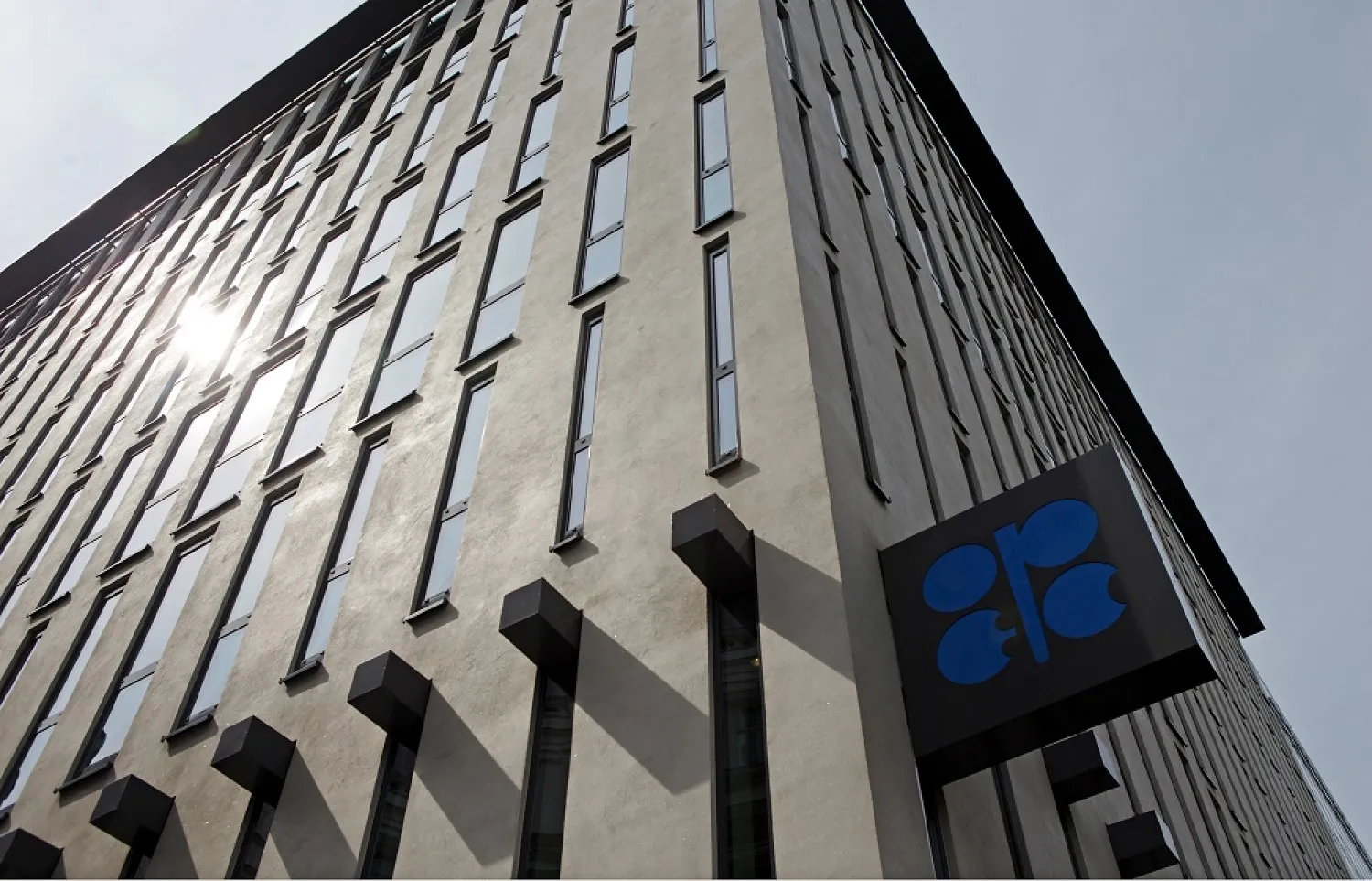The United Arab Emirates' oil production is near to maximum capacity based on its current OPEC+ production baseline, which is 3.168 million barrels per day, Energy Minister Suhail al-Mazrouei told state news agency WAM on Monday.
“In light of recent media reports, I would like to clarify that the UAE is producing near to our maximum production capacity based on its current OPEC+ production baseline, which the UAE is committed by until the end of the agreement,” he said.
His remarks were made in response to reports that said the UAE has the capacity to produce 3.4 million and has been working on raising it to four million bpd.
In March, Mazrouei said the UAE is committed to the OPEC+ agreement on monthly oil production and has not agreed to individually increase production outside that framework.
“The UAE believes in the value OPEC+ brings to the oil market,” he added.
Producers were not happy with higher energy prices, al-Mazrouei remarked, but the group, comprised of the Organization of the Petroleum Exporting Countries (OPEC) and other producers including Russia, cannot oversupply the market.
“The criterion is the balance of supply and demand. Is there a need, and do we have the capacity?” he asked.
He stressed that thanks to the leadership's vision, the UAE has a strategy to maintain the security of supplies and prices of electric energy produced by gas.
The UAE’s top priority is to become self-sufficient in gas and create a preeminent oil storage and supply hub in the Middle East, boosting crude oil production to at least five million bpd as soon as possible.
In December 2021, the UAE said its national reserves had risen by 4 billion stock tank barrels (stb) of oil and 16 trillion standard cubic feet (scf) of natural gas, taking the totals to 111 billion stb and 289 trillion scf, respectively.
This reinforced the UAE's position as number six in the world for oil reserves and number seven for gas reserves.









